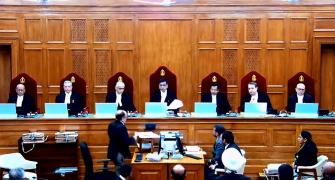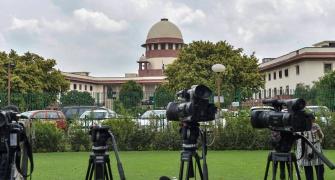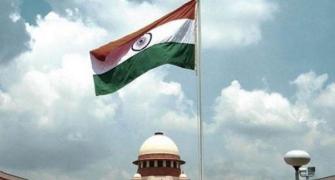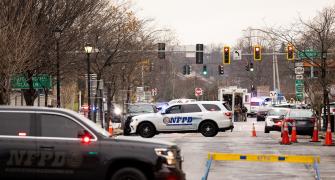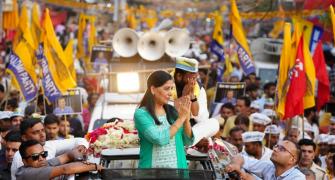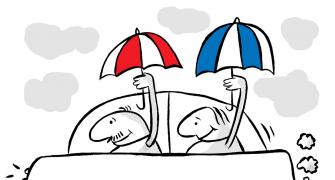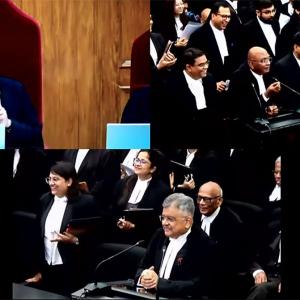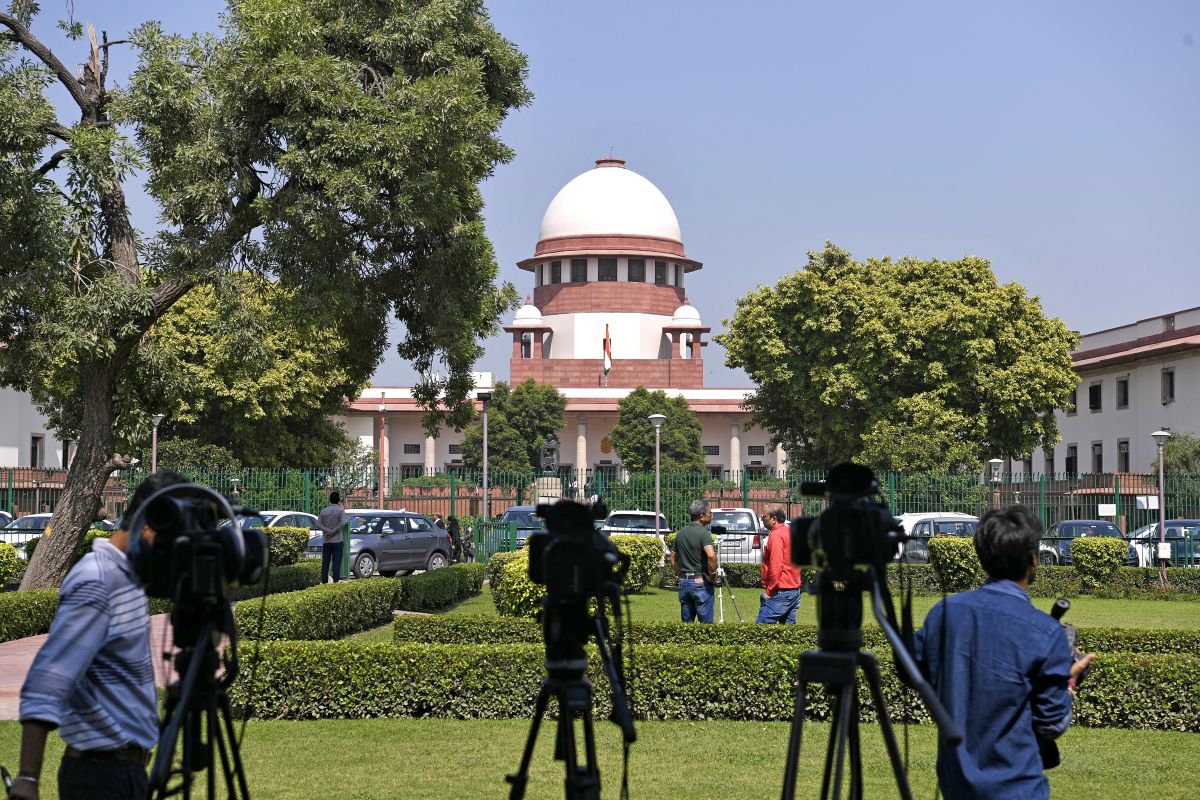The privileges enjoyed by MPs and MLAs are "tethered intrinsically" to the functioning of the legislature collectively, the Supreme Court said on Monday while holding that lawmakers taking bribe to vote or make a speech in the house are not immune from prosecution.
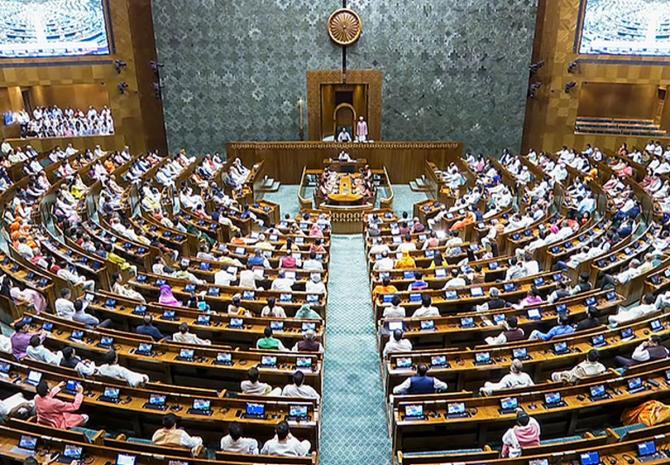
A seven-judge Constitution bench headed by Chief Justice D Y Chandrachud said members acting as constituents of the legislature may not claim any privilege or immunity unconnected with the working of the house.
To give any privilege unconnected to the functioning of Parliament or state legislature by necessity is to create a class of citizens which enjoys unchecked exemption from ordinary application of law, the bench said.
"This was neither the intention of the Constitution nor the goal of vesting Parliament and legislature with powers, privileges and immunities," said the bench, which also comprised Justices A S Bopanna, M M Sundresh, P S Narasimha, J B Pardiwala, Sanjay Kumar and Manoj Misra.
"We therefore hold that the assertion of a privilege by an individual member of Parliament or legislature would be governed by a twofold test. First, the privilege claimed has to be tethered to the collective functioning of the house, and second, its necessity must bear a functional relationship to the discharge of the essential duties of a legislator," the court said.
It said a house of Parliament or state legislature functions through the collective will of its individual members.
The bench said the evolution of parliamentary privileges as well as jurisprudence of the apex court establishes that members of the house or indeed the house itself cannot claim privileges which are not essentially related to their functioning.
"The privileges enjoyed by members of the house are tethered intrinsically to the functioning of the house collectively," it said.
The CJI, who penned the 135-page verdict, said in a deliberative democracy, the aspirations of people are met by discourse in democratic institutions and the foremost among these institutions are Parliament and the state legislatures.
The bench said the object of the Constitution to give life and meaning to the aspirations of the people is carried out by its representatives through legislative business, deliberations and dialogue.
"Parliament is called the 'grand inquest of the nation'. Not only can the actions and legislative priorities of the government of the day be scrutinised and criticised to hold it accountable, but Parliament also acts as a forum for ventilating the grievances of individuals, civil society, and public stakeholders," it said.
"When the space for deliberation in the legislature shrinks, people resort to conversations and democratic actions outside the legislature. This privilege of the citizens to scrutinise the proceedings in Parliament is a concomitant right of a deliberative democracy which is a basic feature of the Constitution," the bench said.
It said the fulcrum of parliamentary privileges under a constitutional and democratic setup is to facilitate the legislators to freely opine on the business before the house.
"The ability of legislators to conduct their functions in an environment which protects their freedom to do so without being overawed by coercion or fear is constitutionally secured," it said.
The bench said privileges of the members of the house individually bear a functional relationship to the ability of the house to collectively fulfil its functioning and vindicate its authority and dignity.
"In other words, these freedoms are necessary to be in furtherance of fertilizing a deliberative, critical, and responsive democracy," it said.
"While some cherished freedoms exercised individually by members of the house, including the freedom of speech, have been undeniably understood to be essential to the functioning of the house as a whole, other exercises such as damaging public property or committing violence are not and cannot be deemed to have immunity," the bench said.
It said the privileges and immunities enshrined in Articles 105 and 194 of the Constitution with respect to houses of Parliament and state legislatures, their members and committees, respectively belong to the house collectively.
Articles 105 and 194 deal with the powers and privileges of MPs and MLAs in the Parliament and the legislative assemblies.
The bench noted that evolution of parliamentary privileges in various parliamentary jurisdictions has shown a consistent pattern that when an issue involving privileges arises, the test applied is whether the privilege claimed is essential and necessary to the orderly functioning of the house or its committee.
"The houses of Parliament or legislatures, and the committees are not islands which act as enclaves shielding those inside from the application of ordinary laws. The lawmakers are subject to the same law that the law-making body enacts for the people it governs and claims to represent," it said.

